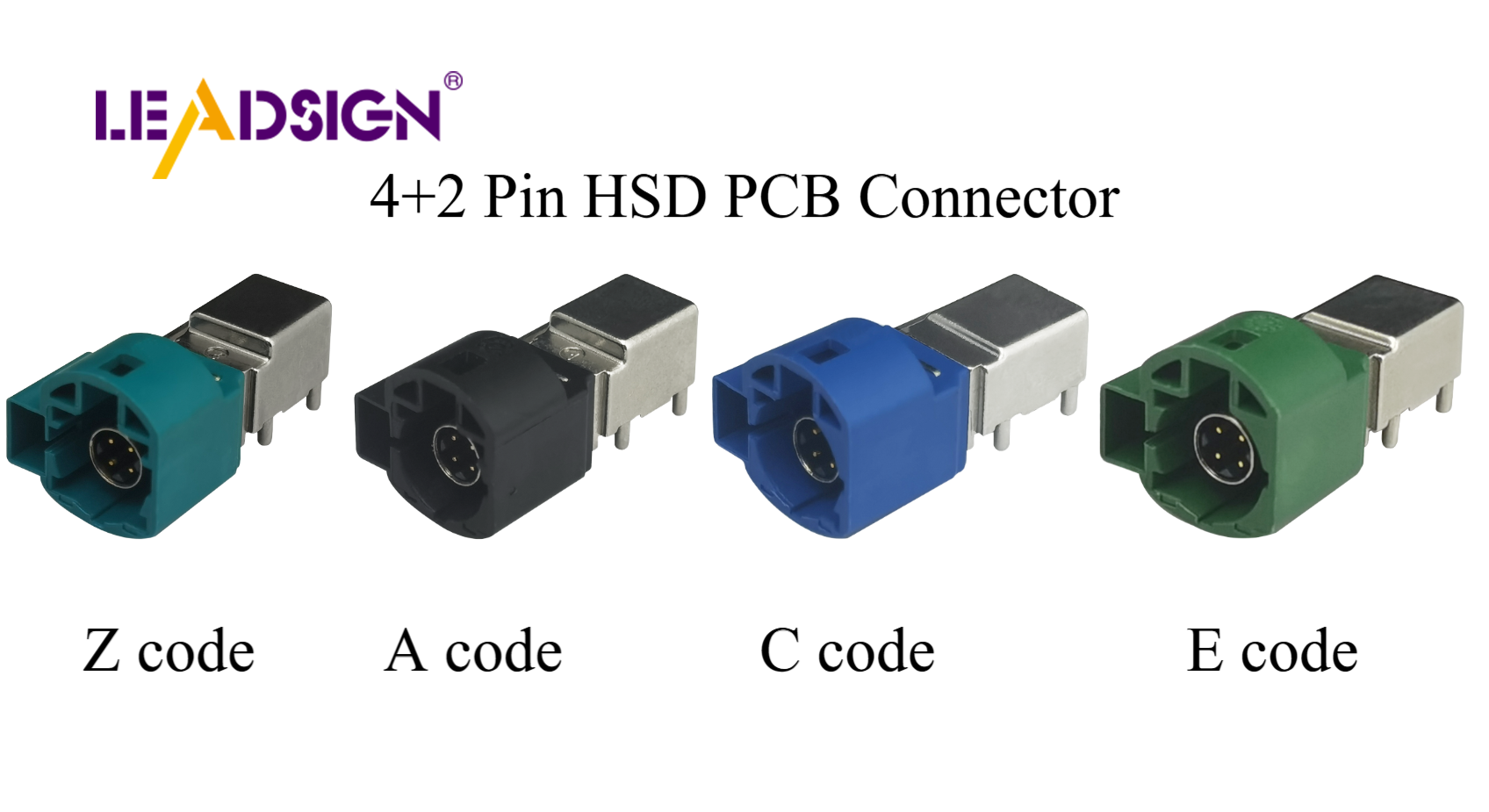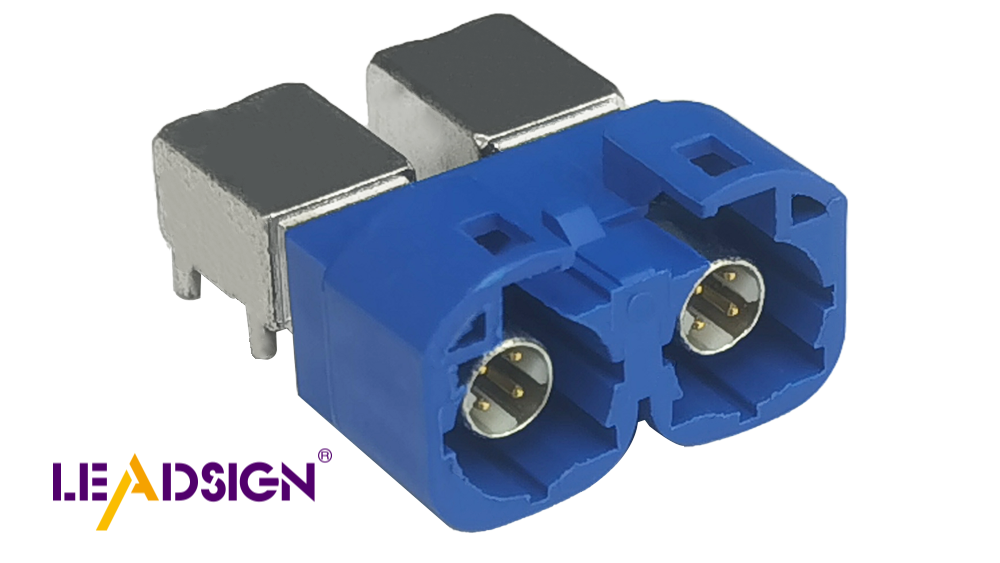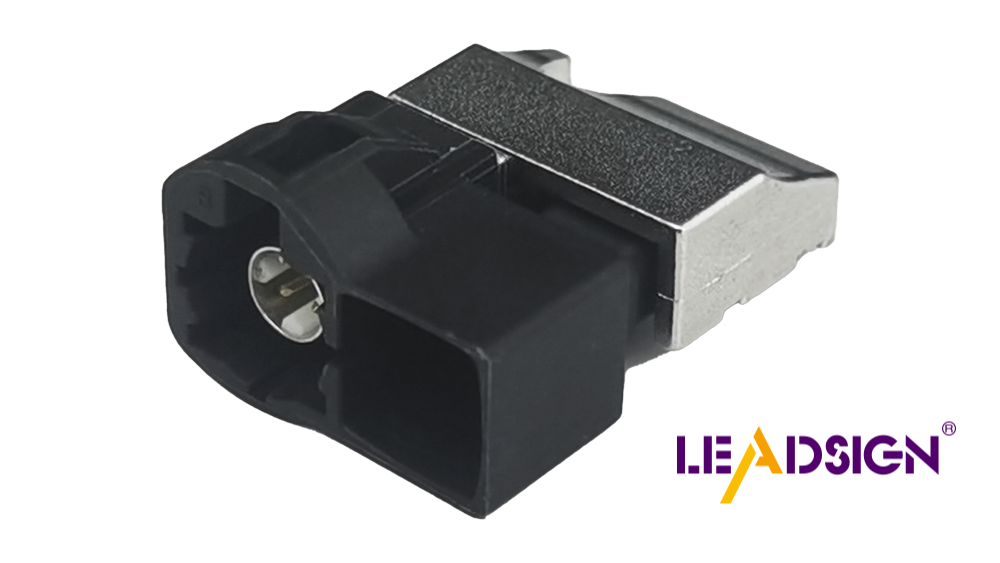Local Insights on Wiring Connector Types

When you look at wiring connector types, you see differences. Automotive connectors are made for tough conditions like heat and shaking. They are important in cars for communication and power. The market for these connectors is growing fast. It was worth USD 21.1 billion in 2022. It might reach USD 30.8 billion by 2030. This is because more people want electric cars and new systems. Electrical connectors are used in easier places, like home wiring.
Key Takeaways
Automotive connectors are designed to withstand harsh conditions, making them essential for vehicle safety and performance.
Understanding different types of automotive connectors, such as blade, bullet, and Weather Pack connectors, is crucial for effective repairs and installations.
Electrical connectors, like twist-on and crimp connectors, offer ease of installation and versatility for various applications, from home wiring to industrial systems.
Choosing the right connector type is vital; it ensures safety, reliability, and longevity in both automotive and electrical applications.
Regular maintenance and checks on connectors can prevent failures and ensure optimal performance, especially in automotive environments.
The market for wiring connectors is expanding rapidly, driven by the increasing demand for electric vehicles and advanced electrical systems.
Automotive Wiring Connectors

When you look at automotive wire harness connectors, you find many kinds. They are made for cars' special needs. These connectors help with automotive electrical connections. They are built to handle harsh vehicle environments.
Types of Automotive Connectors
Knowing the types of automotive connectors is important for fixing or making cars. Here are some common ones:
Blade Connectors
Blade connectors are used a lot in automotive wire harnesses. They connect by putting a flat piece into a slot. They are simple and work well.
Bullet Connectors
Bullet connectors join wires fast and easy. They have a male and female end that click together. They are used in wire harnesses where you need to unplug often.
Weather Pack Connectors
Weather Pack connectors keep out water and dirt. They are great for automotive wire harness connectors outside. They protect your car's electric parts.
Key Features and Benefits
Automotive connectors have features that make them key in cars:
Durability in Harsh Environments
Durability is key for automotive wire harness connectors. They handle heat, shaking, and chemicals. This keeps your car working well.
Resistance to Vibration and Moisture
Automotive connectors resist shaking and water. This is important for strong connections in harsh vehicle environments. Their sealing stops rust and lasts long.
Common Applications and Use Cases
Automotive connectors are used in many car parts. Here are some examples:
Use in Vehicle Lighting Systems
In car lights, automotive wire harness connectors help power reach headlights and other lights. They stay connected even with daily driving.
Application in Engine Compartments
Engine areas are tough for connectors. Automotive wire harness connectors here handle heat and shaking. They connect sensors and other important parts.
By knowing automotive wire harness connector basics, you see why they matter for your car's safety and work. They are the backbone of automotive connection systems, making sure all car parts talk well.
Electrical Wiring Connectors

Electrical connectors join different electrical systems. They help power and signals move safely. Knowing connector types helps you pick the right one.
Types of Electrical Connectors
There are many types of electrical connectors:
Twist-on Wire Connectors
Twist-on connectors, or wire nuts, are easy to use. They join small wires by twisting them together. A plastic cap covers them. They are good for quick jobs.
Crimp Connectors
Crimp connectors join wires strongly. You squeeze them onto wires for a tight fit. They work in many systems and stay put even if shaken.
Terminal Blocks
Terminal blocks connect many wires at once. They keep wires neat and organized. You see them in control panels and factories.
Key Features and Benefits
Electrical connectors have many good points:
Ease of Installation
They are easy to install. You can connect wires fast without special tools. This saves time.
Versatility in Various Electrical Systems
They work in many places. From home wiring to big factories, they fit well. This makes them useful everywhere.
Common Applications and Use Cases
Electrical connectors are used in many ways:
Use in Household Wiring
In homes, they connect lights and outlets. They handle different wire sizes well.
Application in Industrial Electrical Systems
In factories, they manage complex wiring. They handle tough conditions and keep connections strong.
By learning about electrical connectors, you can choose wisely. They offer the flexibility and strength needed for electrical systems.
Comparing Connector Types
When picking wiring connectors, think about a few things. This part helps you see how car and home connectors differ in strength, cost, and setup.
Weather and Strength
Heat and Water Effects
Car connectors face tough weather. They handle heat and water well. This keeps car wires working right. Good car connectors last in bad weather. They keep your car safe and working.
Lasting in Different Places
Connectors last differently in places. Car connectors are strong. They last long in hard spots. Home connectors might not last as long there. Picking good connectors saves money later.
Cost and Finding Them
Price Changes
Cost matters when picking connectors. Good car connectors cost more at first. But they save money by needing less fixing. Some connectors are cheaper and work well in small spaces.
Where to Get Them
Finding connectors is different. Car connectors are easy to find because many need them. They come in many styles for different uses. Home connectors are easy to get too, but might not be as strong.
Setup and Care
Easy to Set Up
Setting up is important for both car and home connectors. Car connectors lock well to stay put. Home connectors, like twist-ons, are easy to use. They need few tools.
Care Needs
Care is different for connectors. Car connectors need checks to stay tight. Their locks help keep them connected. Home connectors need less care but checking them helps them work well.
Knowing these helps you choose better. Whether for cars or homes, think about quality and fit. This keeps things working well and safely.
When picking between car and electric connectors, think about their special traits. Car connectors, like OEM ones, are great in tough spots. They handle heat and water well, keeping cars working right. OEM car connectors are strong and don't shake loose, perfect for cars. On the other hand, electric connectors are easy to set up and work in homes and factories. Choose the right connector by looking at what you need, where it will be used, and what it will do. Picking carefully makes sure it works well and saves money.
FAQ
What are the good things about using electrical connectors?
Electrical connectors are very important in wiring. They help wires join safely so electricity flows well. Whether using wire nuts or DC connectors, knowing your choices is key for electricians and DIY fans.
How are automotive connectors different from electrical ones?
Automotive connectors handle tough conditions like heat and shaking. They are needed for good communication and power in cars. Electrical connectors at home face less stress and use solid wires.
Why pick the right connector type?
Picking the right connector keeps your electrical systems safe and working well. Wrong connectors can cause rust, break connections, and make systems fail.
What are some usual types of automotive connectors?
Usual automotive connectors are blade, bullet, and Weather Pack connectors. Each type has a job in a car's electrical system, making sure it lasts and works well.
How do twist-on wire connectors work?
Twist-on wire connectors, or wire nuts, are simple to use. They join small wires by twisting them, with a plastic cap on top. This makes them great for quick wiring jobs.
What are the good points of crimp connectors?
Crimp connectors make a strong hold by squeezing onto wires. They are flexible and stay steady even when shaken, fitting many electrical systems.
Where do you often find terminal blocks?
Terminal blocks are common in control panels and factories. They connect many wires at once, keeping them neat and helping electricity flow well.
How do automotive connectors handle tough places?
Automotive connectors are made for hard conditions. They resist heat, shaking, and water, keeping car systems working and safe.
What should you think about when picking car connectors?
When picking car connectors, think about things like size, signal strength, and backup. These make sure the car's electrical systems work well and safely.
Do connectors need care?
Yes, taking care of connectors is important. Regular checks keep connections tight and working. Car connectors especially need checks to keep locks working and stop them from coming loose.
See Also
Understanding HSD Connectors: Key Insights for Automotive Use
Essential Information on HSD Connectors for Beginners
Fakra Connectors Explained: Types, Uses, and Fundamentals

